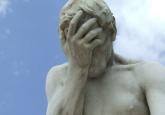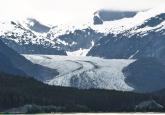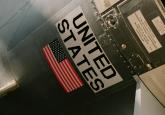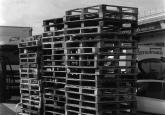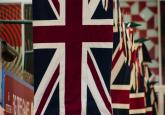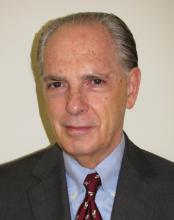
Alfredo Toro Hardy was born in Caracas, Venezuela in 1950. He has a B.A. in Law from the Central University of Venezuela with a Doctor’s degree on International Relations from the Geneva School of Diplomacy and International Relations. Master degrees on International Law and International Economics from the University of Pennsylvania and the Central University of Venezuela; postgraduate degrees in Diplomacy and International Law from the Ecole Nationale d´Administration, ENA, and the University of Paris II; and an attestation on International Negotiations from Harvard University.
Alfredo was a Venezuelan career civil servant for more than three decades, with the majority of that time devoted to the Ministry of Foreign Affairs, from which he resigned in 2017 in protest for the authoritarian outreach of the government. Between 1991 and 2017 he served as the Venezuelan Ambassador to the United States, the United Kingdom, Spain, Brazil, Chile, Ireland and Singapore, as well as Director of the Venezuelan Diplomatic Academy.
Between 1986 and 1987, Alfredo was a Fulbright Scholar and a Visiting Professor at the Woodrow Wilson School of Princeton University. In 1992 he retired with the rank of Associate Professor from the Simón Bolívar University in Caracas where, from 1989 to 1992, he served as Director of the Center for North American Studies and Co-ordinator of the Institute for Higher Latin American Studies. In 1995-1996, while Ambassador in Brazil, he was “Andres Bello Chair Professor” at the University of Brasilia. Elected as “Simon Bolívar Chair Professor for Latin American Studies” for the period 2006-2007 by the Council of Faculties of the University of Cambridge, but unable to accept election due to diplomatic constrains. In 2004, while Ambassador in the U.K., he was appointed a member of the Academic Advisory Committee on Diplomatic Studies of the University of Westminster. In 2004-2005 he was an on-line Professor of the Faculty of Social Sciences of the University of Barcelona. In September 2011 and October 2017, he was a Rockefeller Foundation Bellagio Center Resident Scholar. Between 2014 and 2015 he was a member of the Nominations Committee of the Bellagio Center, and since 2023 he is member of the Experts Panel of the Rockefeller Foundation. In 2019 he was made Honorary Research Fellow of the Geneva School of Diplomacy and International Relations. He has lectured extensively at universities and think tanks from the Americas, Europe and Asia.#
Alfredo has authored 21 books and co-authored 15 more on international affairs, while authoring 30 peer reviewed papers in arbitrated journals on the same subject. Twice recipient of the “Latino Book Award” at the ExpoBook America fairs of Chicago and Los Angeles in 2003 and 2008. His latest book was published in 2022 by Palgrave Macmillan.



